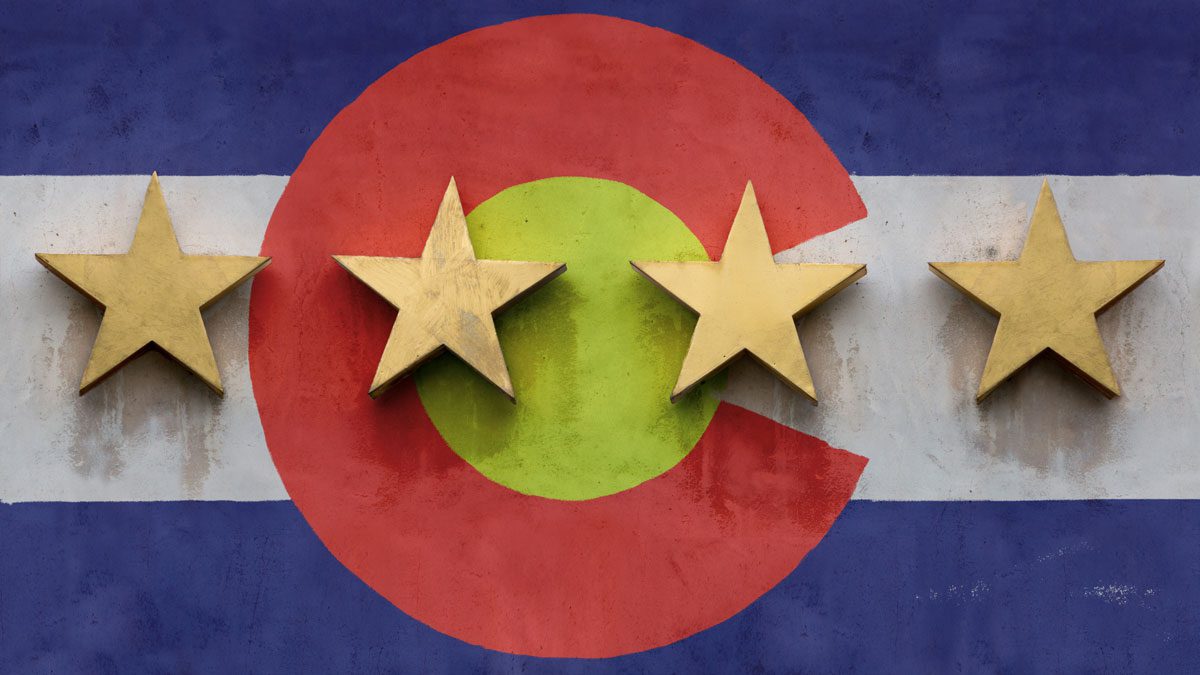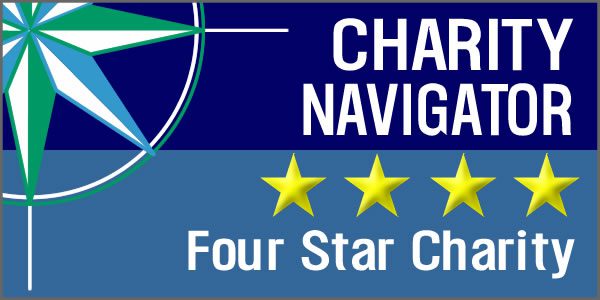Bethany Pray, CCLP’s Chief Legal and Policy Officer, provided testimony in support of House Bill 24-1133, Criminal Record Sealing & Expungement Changes. CCLP is in support of HB24-1133, as it is one of our priority bills.
Recent articles
CCLP testifies in support of Necessary Document Program updates
Charlie Kestler, one of CCLP’s Policy Fellows, provided testimony in support of Senate Bill 24-211, Adjustments to the Necessary Document Program. CCLP is in support of SB24-211, as it is one of our priority bills.
CCLP testifies in support of protections for DNC drivers
Charles Brennan provided testimony in support of House Bill 24-1129, Protections for Delivery Network Company Drivers. CCLP is in support of HB24-1129.
CCLP testifies in support of TANF grant rule change
CCLP's Emeritus Advisor, Chaer Robert, provided written testimony in support of the CDHS rule on the COLA increase for TANF recipients. If the rule is adopted, the cost of living increase would go into effect on July 1, 2024.
Charity Navigator awards CCLP four-star ranking for the fourth consecutive year

Denver, CO—Colorado Center on Law and Policy is pleased to announce that its strong financial health, transparency, and commitment to accountability has earned it a 4-star rating from Charity Navigator, America’s largest independent charity evaluator. This is the fourth consecutive year in which CCLP has earned the top distinction.

Since 2002, using objective analysis, Charity Navigator has awarded only the most fiscally responsible organizations a 4-star rating. In 2011, Charity Navigator added 17 metrics, focused on governance and ethical practices as well as measures of openness, to its ratings methodology. These Accountability & Transparency metrics, which account for 50 percent of a charity’s overall rating, reveal which charities operate in accordance with industry best practices and whether they are open with their donors and stakeholders.
“Colorado Center on Law and Policy’s exceptional 4-star rating sets it apart from its peers and demonstrates its trustworthiness to the public,” according to Michael Thatcher, President & CEO of Charity Navigator. “Only a quarter of charities rated by Charity Navigator receive the distinction of our 4-star rating. This adds CCLP to a preeminent group of charities working to overcome our world’s most pressing challenges. Based on its 4-star rating, people can trust that their donations are going to a financially responsible and ethical charity when they decide to support CCLP.”
“It’s important to CCLP that our donors and funding institutions trust we’re using their contributions wisely in our shared fight against poverty,” said Tiffani Lennon, Executive Director of CCLP. “Our 4-star Charity Navigator rating is a testament to our good governance, financial accountability and the dedication of our entire CCLP staff.”
CCLP’s rating and other information about charitable giving are available free of charge at https://www.charitynavigator.org/index.cfm?bay=search.summary&orgid=14389. In-depth information about CCLP’s rating is available to Charity Navigator site visitors who become registered users of the free service.
About Colorado Center on Law and Policy
Colorado Center on Law and Policy is a nonprofit research, legislative and legal advocacy organization standing with diverse communities across Colorado in the fight against poverty. For over 20 years, CCLP has worked toward a vision of Colorado in which everyone has what they need to succeed. CCLP depends on support from individual donors to help improve access to affordable health care, food and housing, and improve economic security for all Coloradans. Learn more about how you can get involved financially with CCLP’s mission at copolicy.org/donate or contact Bruce Barnum, CCLP’s Development Director (bbarnum@copolicy.org, 303-573-5669 ext. 312). For media inquiries, please contact CCLP’s interim Director of Communications, Anthony Lux (tlux@copolicy.org, 303-573-5669 ext. 311).
About Charity Navigator
Charity Navigator is the largest charity evaluator in America. Its website attracts more visitors than all other charity rating groups combined. The organization, a 501 (c) (3) public charity itself, helps guide intelligent giving by evaluating the Financial Health and Accountability & Transparency of more than 8,000 charities. Charity Navigator accepts no advertising or donations from the organizations it evaluates, ensuring unbiased evaluations, nor does it charge the public for this trusted data. Learn more at https://www.charitynavigator.org/index.cfm?bay=content.view&cpid=8658.





